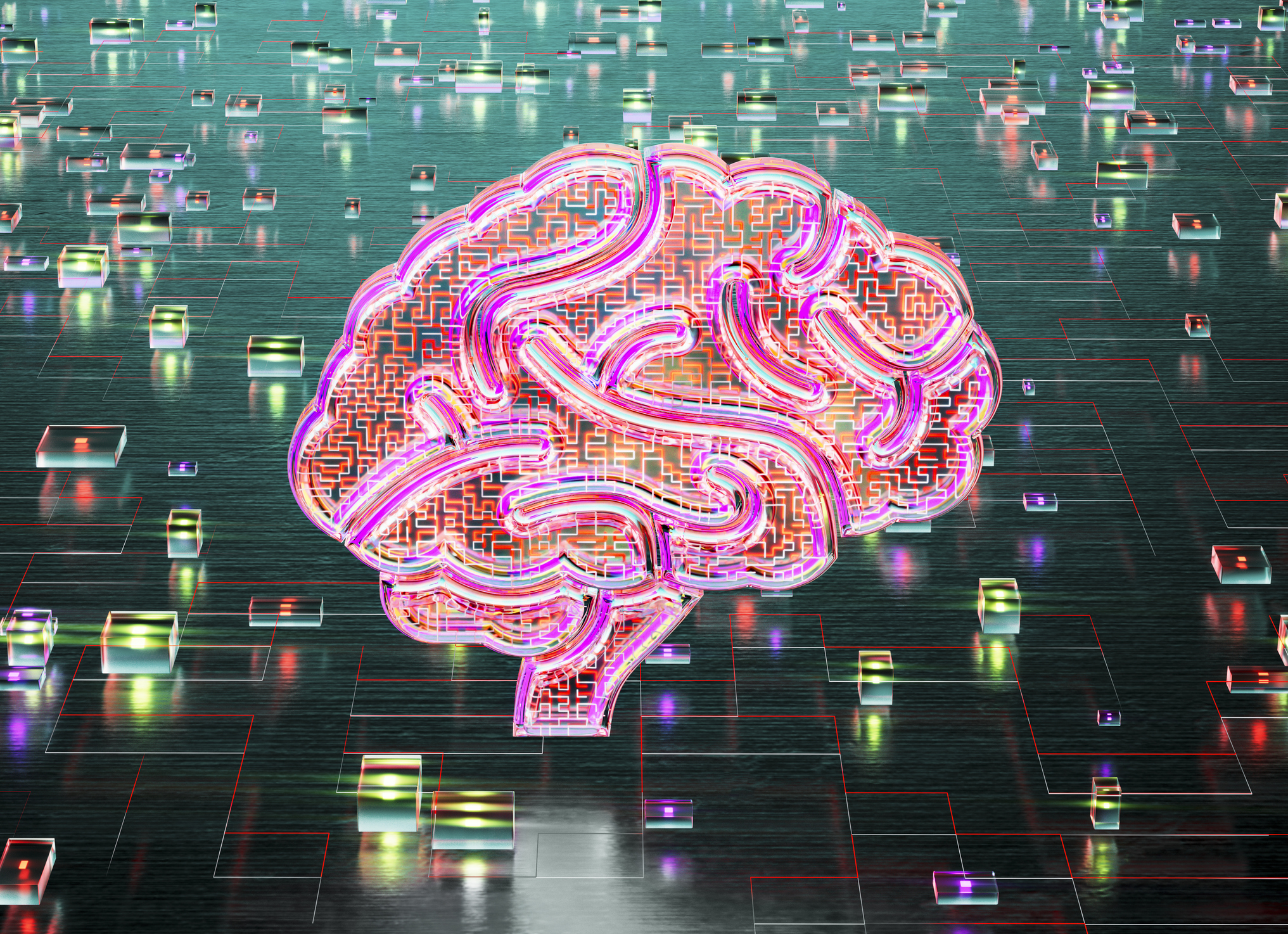There's officially no escape from AI PCs
Manufacturers clearly view AI PCs as a way to overcome recent revenue slumps and load devices with new productivity-enhancing features
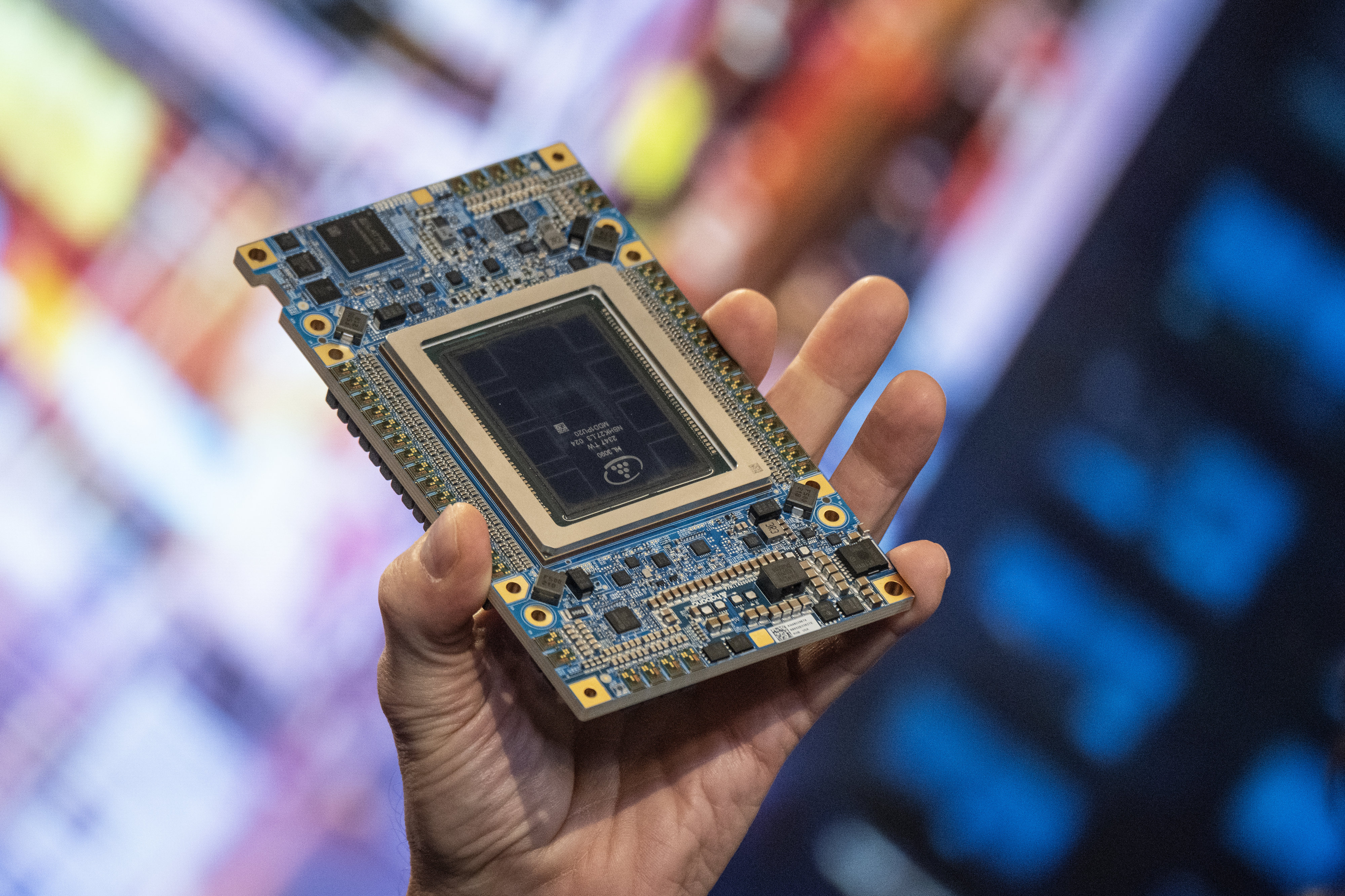

AI PCs have rapidly emerged as a key industry buzzword in recent months, with leading stakeholders going so far as to describe AI-capable devices as the “future of computing”.
Intel chief executive Pat Gelsinger made this bold statement at the chip giant’s AI Everywhere conference in December 2023, suggesting that AI PCs will be the “star of the show” in 2024 and beyond, providing users with vital AI-powered capabilities aimed at boosting productivity.
Given Intel has a vested interest in promoting this viewpoint as a major manufacturer, Gelsinger’s comments are hardly surprising. However, they do highlight what has been a rapid shift in focus across the industry in recent months.
Generative AI has taken the world by storm, but its use has typically been limited to cloud-based environments. Generative AI-infused hardware is the obvious next step in this evolutionary path.
Industry analysts seem to agree on this, with many bullish on the prospect of AI PCs in coming years. Recent research from Canalys, for example, noted that the emergence of AI-capable devices marks a “watershed moment” for the PC industry, and one that is likely to “reinvigorate the market and transform user experiences”.
In 2024, Canalys predicts that 19% of PCs shipped globally will be AI-capable. This initial, tentative flow of AI PCs into offices worldwide will rapidly develop into a torrent over the course of the decade, however.
By 2027, the consultancy expects 60% of PCs shipped globally to be AI-capable, with much of this growth initially driven by commercial adoption in 2024 onwards.
Get the ITPro daily newsletter
Sign up today and you will receive a free copy of our Future Focus 2025 report - the leading guidance on AI, cybersecurity and other IT challenges as per 700+ senior executives
AI PCs could be a silver bullet for sluggish industry growth
The emergence of AI PCs and heightened business interest in this new frontier comes at a perfect moment for the PC industry, which has experienced a significant deceleration over the last two years.
Research from Canalys in January 2023 revealed the global PC market witnessed a “record decline” in the last quarter of 2022 - the biggest decline since the consultancy began tracking shipments in the 1990s, no less.
The market also experienced two consecutive quarterly declines of over 30% in 2022, highlighting the fact this wasn’t just an abnormality; both businesses and consumers curtailed spending on this front due to deteriorating economic conditions.
Major manufacturers, including Dell, Lenovo, and HP, were among the worst hit by this decline, with all three recording extremely concerning nosedives in shipments across 2022 and early 2023.
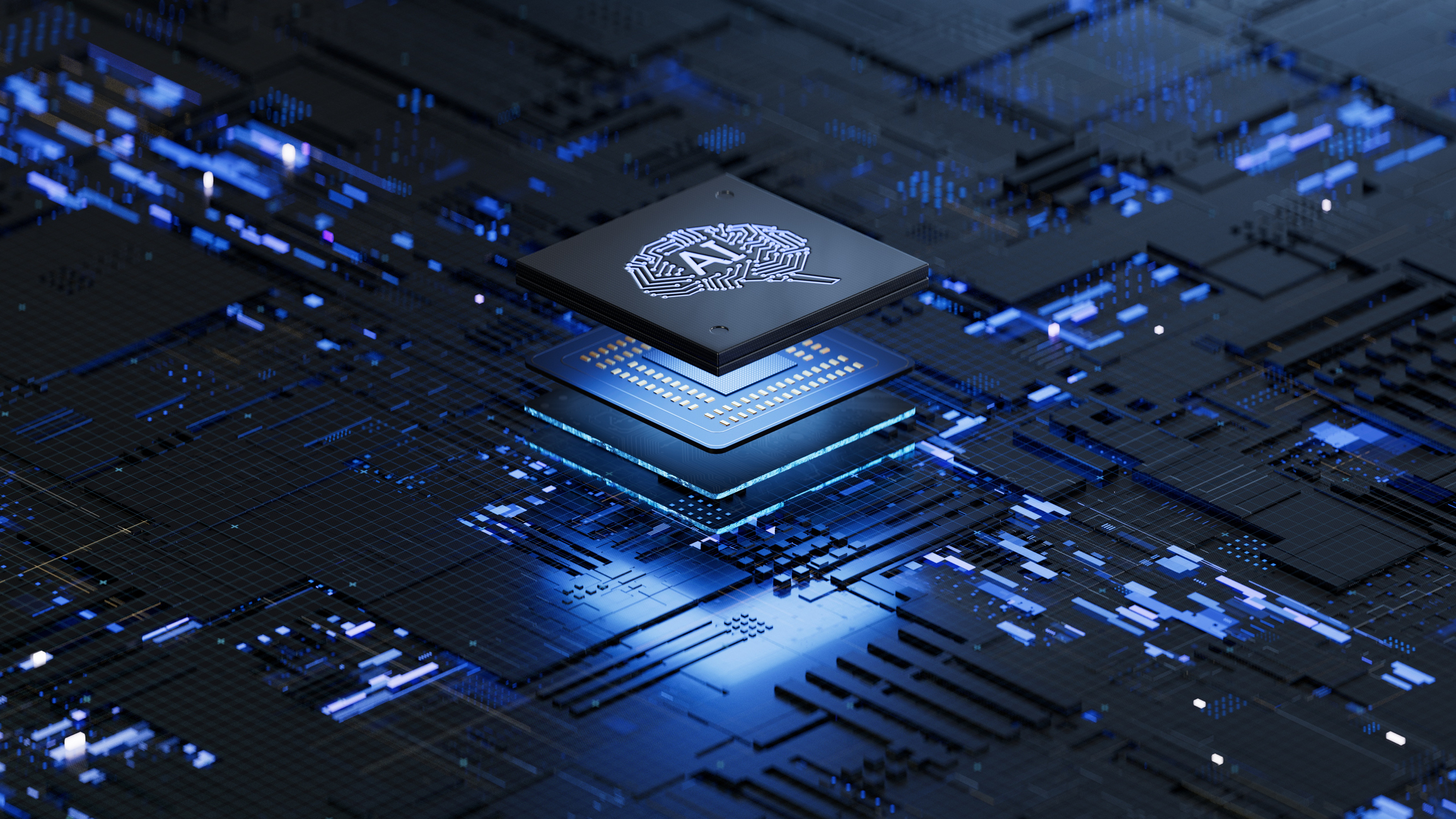
But AI PCs could offer a much-welcomed reprieve for struggling manufacturers, presenting them with a prime opportunity to capitalize on new revenue streams and to overcome a record-breaking slump.
The aforementioned firms have all signaled their intention to pounce on the AI PC craze in recent months, with HP in particular viewing this as a key battleground with industry competitors.
In October 2023, HP chief executive Enrique Lores told attendees at the firm’s ‘Imagine’ conference in Palo Alto that the “age of AI will create a new kind of PC”.
RELATED RESOURCE
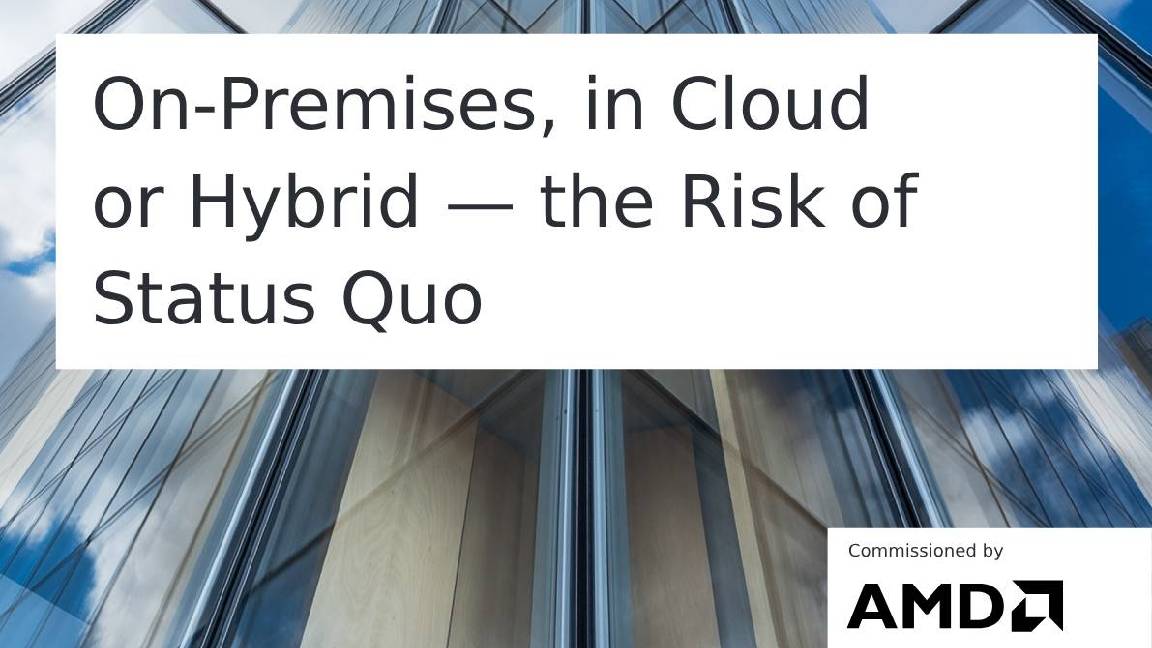
Discover how a hybrid approach to cloud architecture provides an ideal solution to fluctuations in demand for computing resources
DOWNLOAD NOW
Speaking to ITPro at the time, Alex Cho, president of personal systems at HP, said the confluence of AI and the era of hybrid work has created the perfect conditions for the rise of this new type of device and a new era of computing.
In providing more powerful, AI-infused devices, businesses can supercharge productivity and reap long-term rewards.
“Tomorrow, everyone will experience the full potential of AI, as the PC goes from personal computer to the personal companion,” he said.
More recently, CES 2024 offered a glimpse into this current industry focus, with the consumer electronics conference utterly saturated with AI device announcements.
Dell, for example, unveiled a laptop that included a dedicated Windows Copilot key.
Meanwhile, Microsoft’s decision to make the biggest change to its keyboard setup in more than two decades underlines the long-term intent here.
Much like its core product offerings, AI tools will be woven into the very fabric of the devices we use in years to come, and it’ll all be at the click of a button.

Ross Kelly is ITPro's News & Analysis Editor, responsible for leading the brand's news output and in-depth reporting on the latest stories from across the business technology landscape. Ross was previously a Staff Writer, during which time he developed a keen interest in cyber security, business leadership, and emerging technologies.
He graduated from Edinburgh Napier University in 2016 with a BA (Hons) in Journalism, and joined ITPro in 2022 after four years working in technology conference research.
For news pitches, you can contact Ross at ross.kelly@futurenet.com, or on Twitter and LinkedIn.
-
 Bigger salaries, more burnout: Is the CISO role in crisis?
Bigger salaries, more burnout: Is the CISO role in crisis?In-depth CISOs are more stressed than ever before – but why is this and what can be done?
By Kate O'Flaherty Published
-
 Cheap cyber crime kits can be bought on the dark web for less than $25
Cheap cyber crime kits can be bought on the dark web for less than $25News Research from NordVPN shows phishing kits are now widely available on the dark web and via messaging apps like Telegram, and are often selling for less than $25.
By Emma Woollacott Published
-
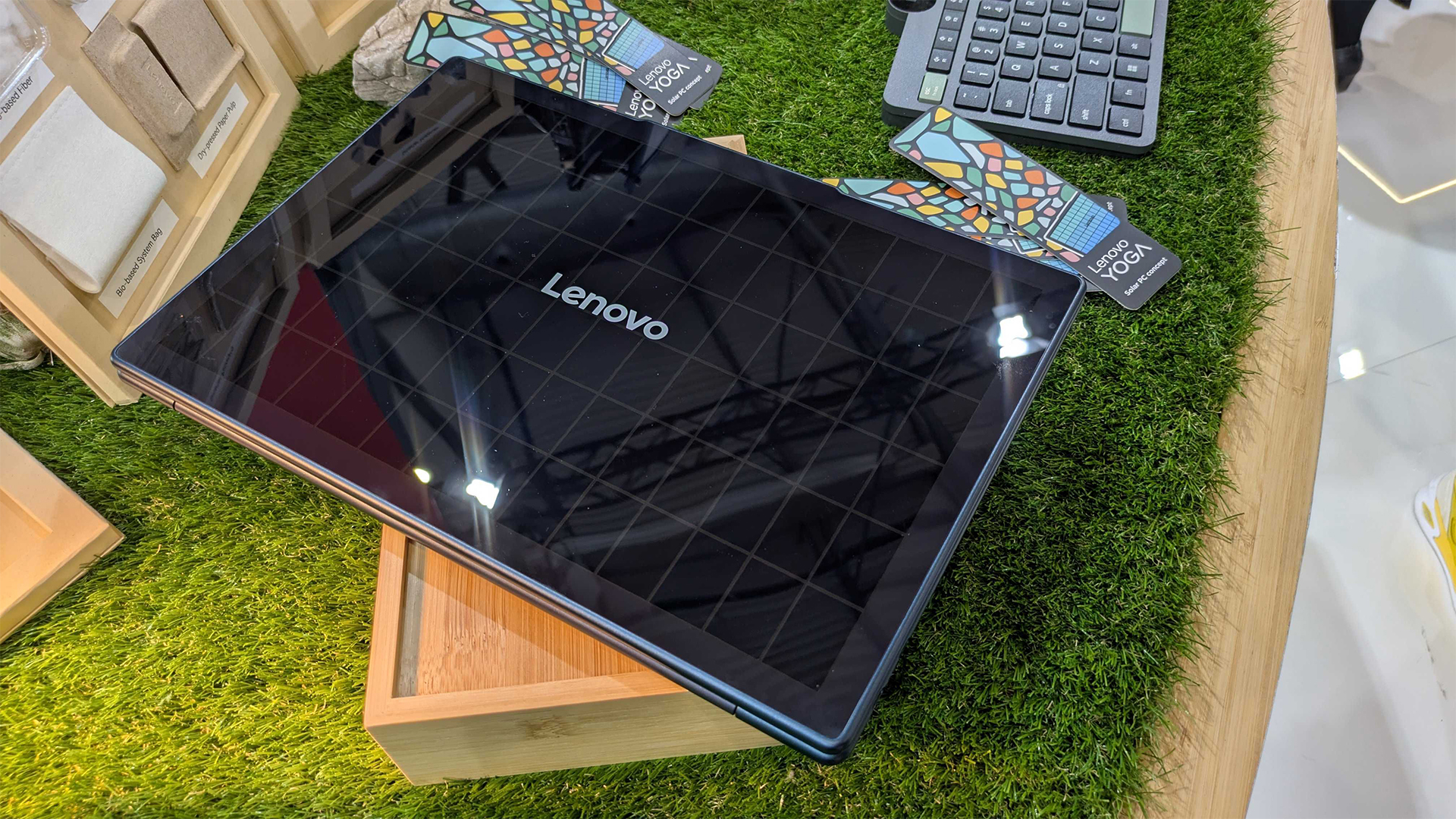 Lenovo’s solar-powered laptop could be a game changer for battery longevity – but we'll be waiting a while for a fully-fledged product
Lenovo’s solar-powered laptop could be a game changer for battery longevity – but we'll be waiting a while for a fully-fledged productNews Lenovo unveiled an experimental solar-powered laptop at MWC 2025 amid updates to the Yoga and Ideapad lineups
By Nicole Kobie Published
-
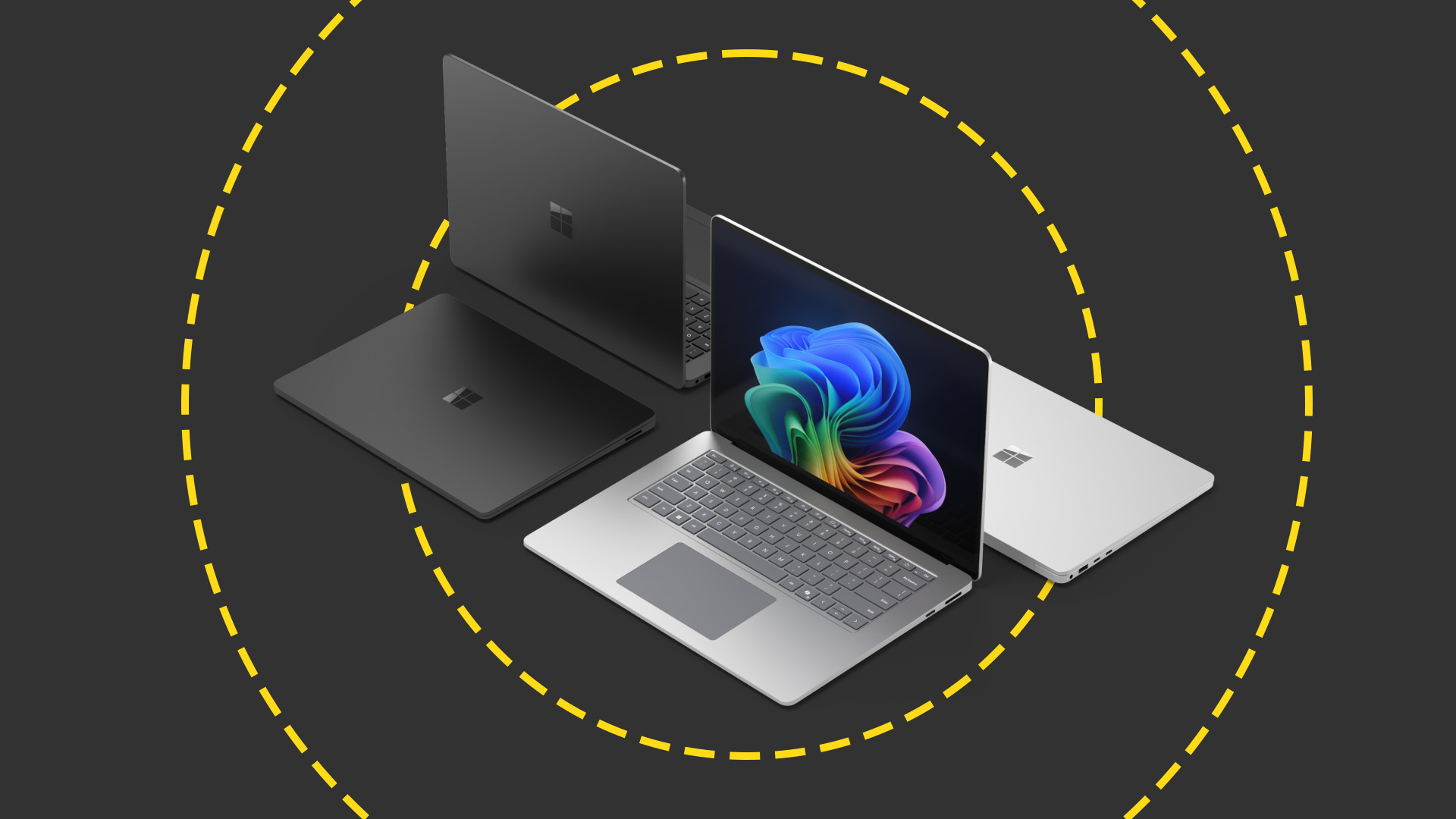 Microsoft targets enterprises with new Intel-powered Surface devices – but they come with a hefty price tag
Microsoft targets enterprises with new Intel-powered Surface devices – but they come with a hefty price tagNews Microsoft has unveiled the launch of the new Surface Pro 11 and Surface 7 laptop devices with Intel chips.
By Solomon Klappholz Published
-
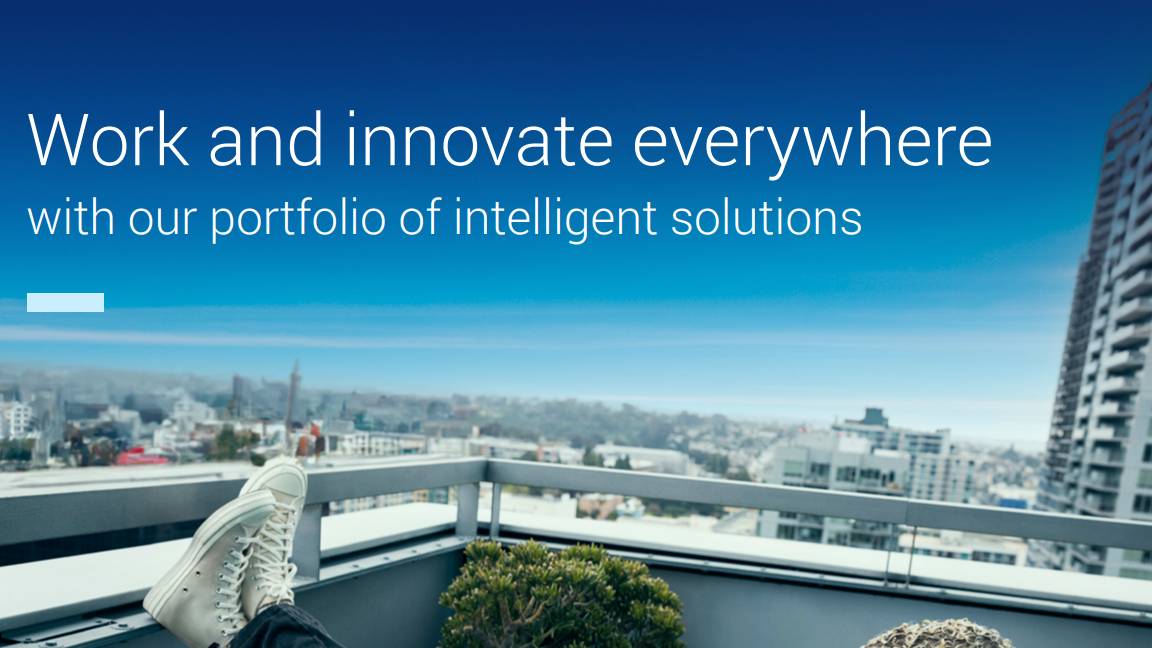 Work and innovate everywhere
Work and innovate everywherewhitepaper Protection across AI attack vectors
By ITPro Published
-
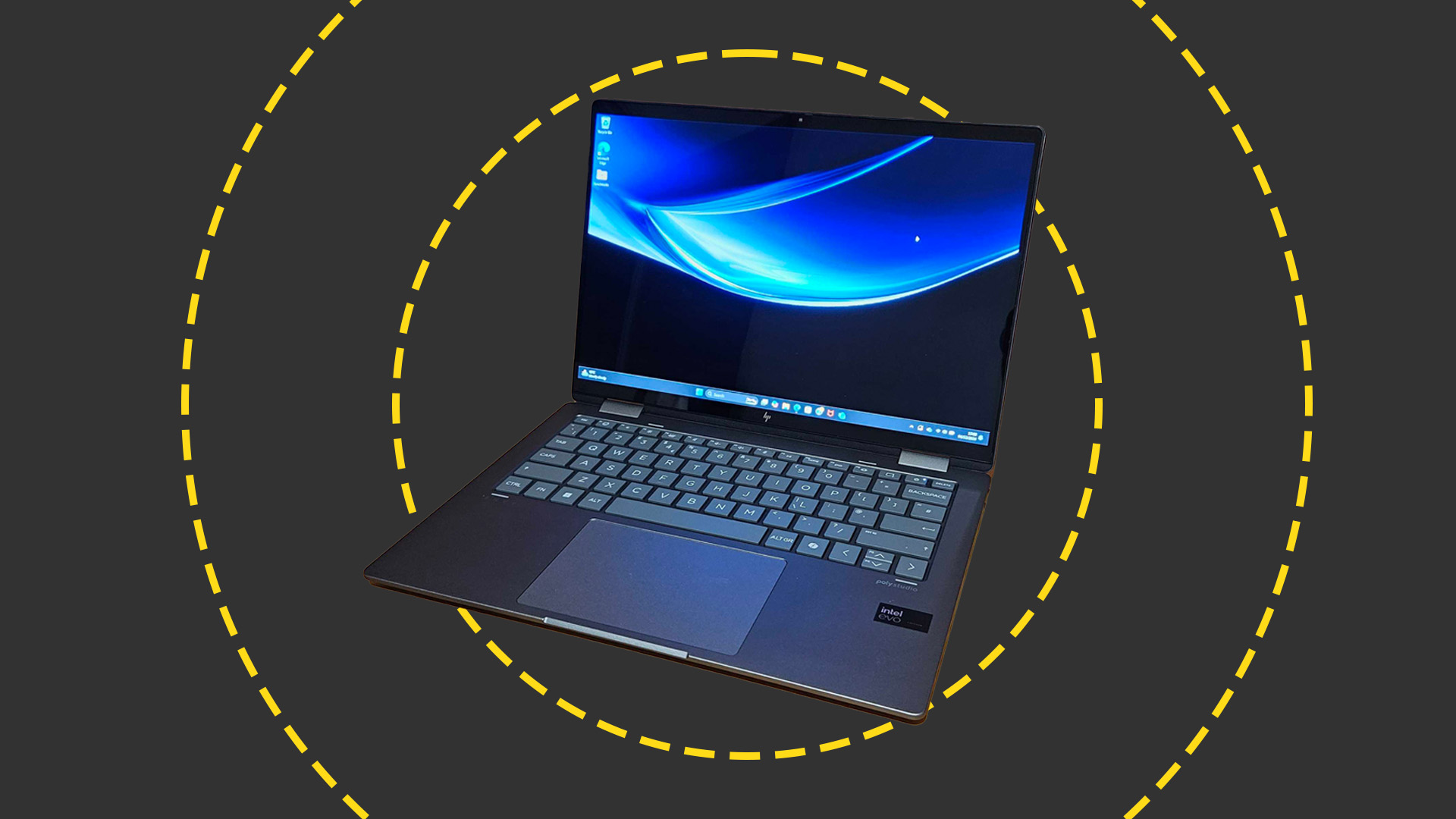 HP Envy x360 2-in-1 (14-FC0009NA) review: A cut-price AI PC for the enterprise
HP Envy x360 2-in-1 (14-FC0009NA) review: A cut-price AI PC for the enterpriseReviews The Intel-powered HP Envy x360 is a decent punt for its price point despite a few bugbears
By Keumars Afifi-Sabet Published
-
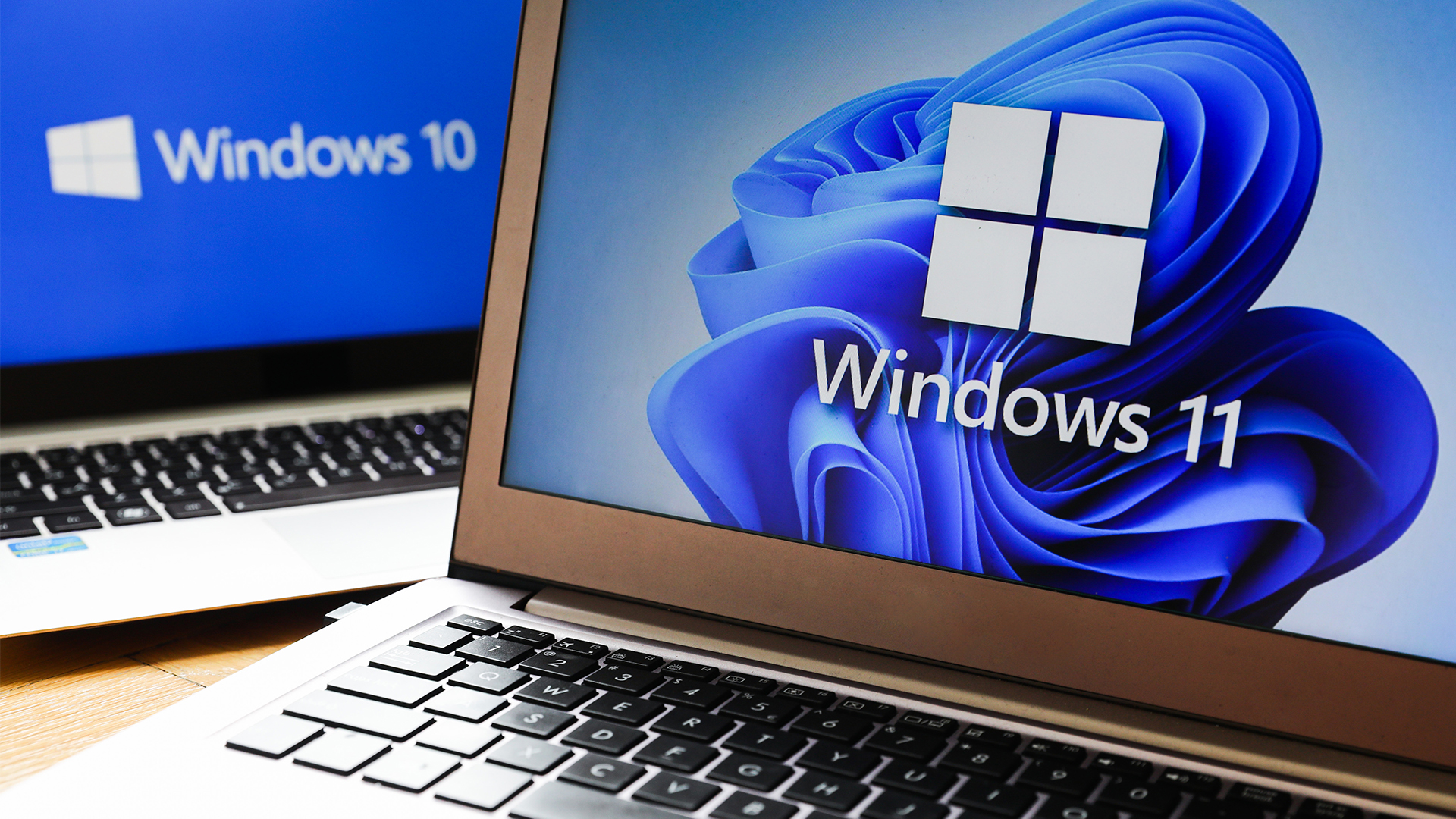 Microsoft refuses to back down on Windows 11 hardware requirements
Microsoft refuses to back down on Windows 11 hardware requirementsNews The tech giant says it'll keep hardware specifications for Windows 11
By Nicole Kobie Published
-
 Dell, HP post underwhelming returns as PC market remains in a state of flux
Dell, HP post underwhelming returns as PC market remains in a state of fluxNews Original equipment manufacturers (OEMs) are contending with an impending Windows 10 EOL and a burgeoning AI PC market
By George Fitzmaurice Published
-
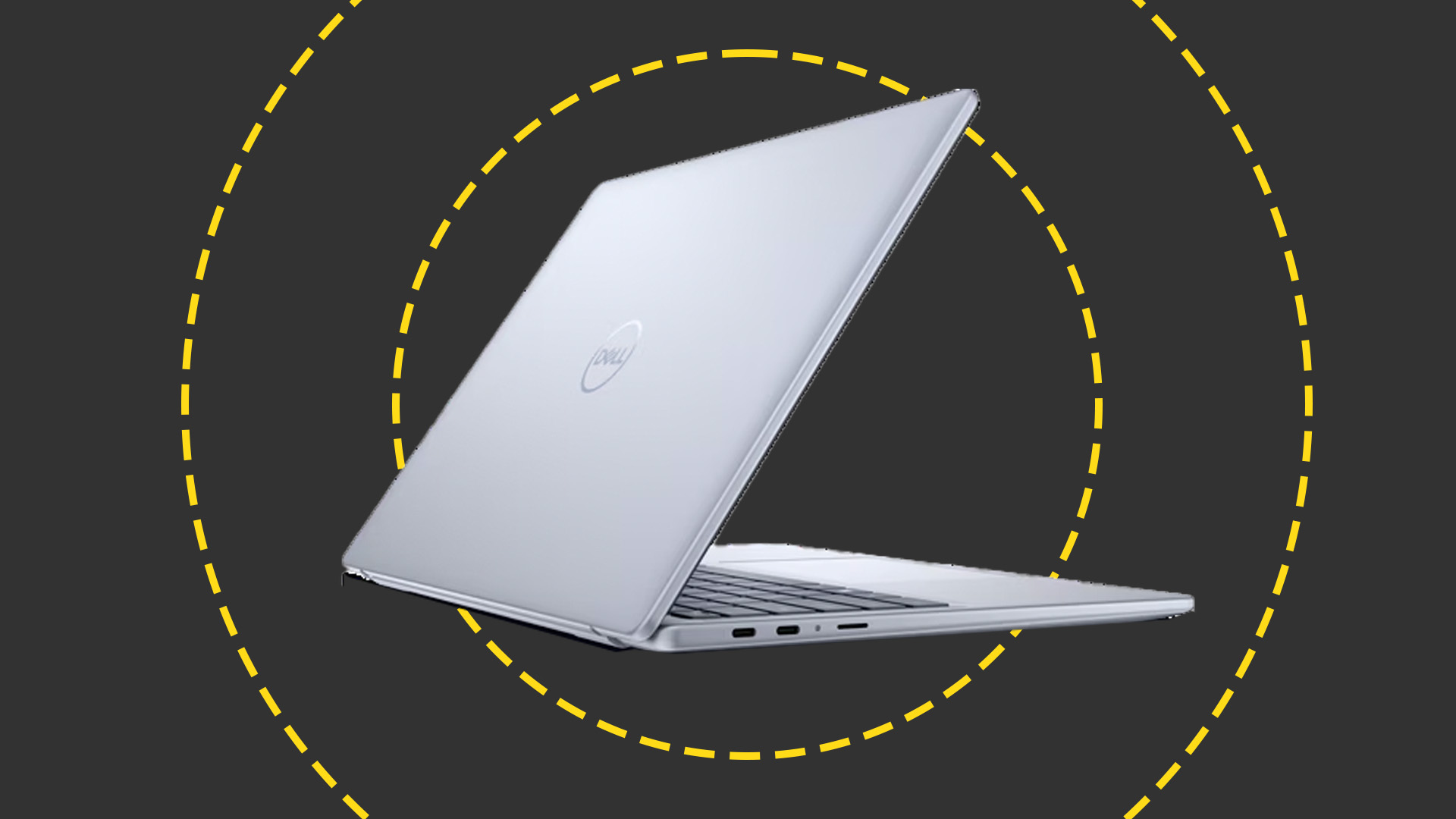 Dell Inspiron 14 Plus (7441) review: The cheapest Snapdragon laptop yet
Dell Inspiron 14 Plus (7441) review: The cheapest Snapdragon laptop yetReviews A no-frills compact laptop that delivers good performance and solid battery life
By Alun Taylor Published
-
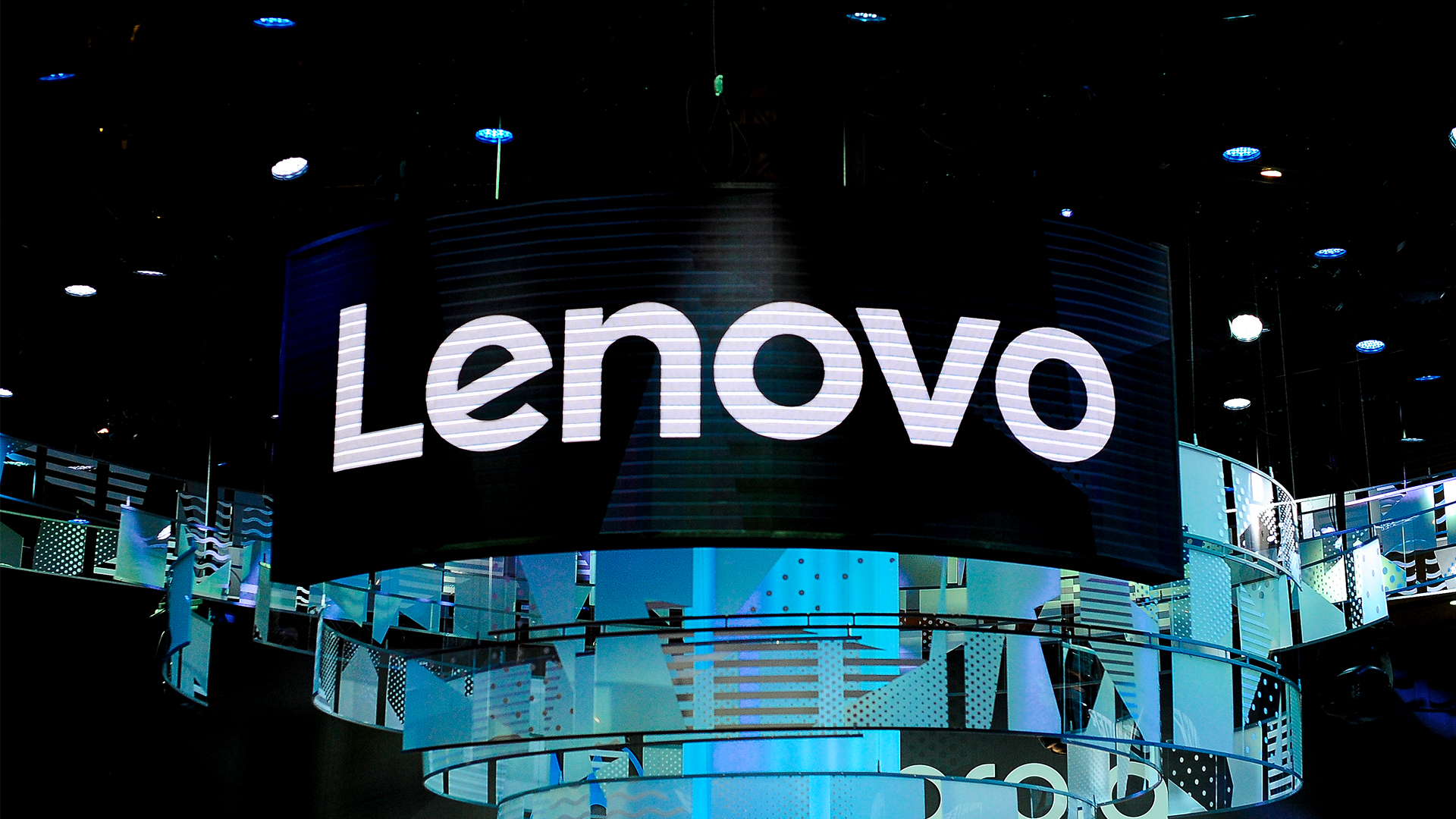 Lenovo unveils its new ‘hybrid-AI’ vision
Lenovo unveils its new ‘hybrid-AI’ visionNews The company says its new modular, customizable solutions deliver higher productivity and tangible return on investment
By Emma Woollacott Published
